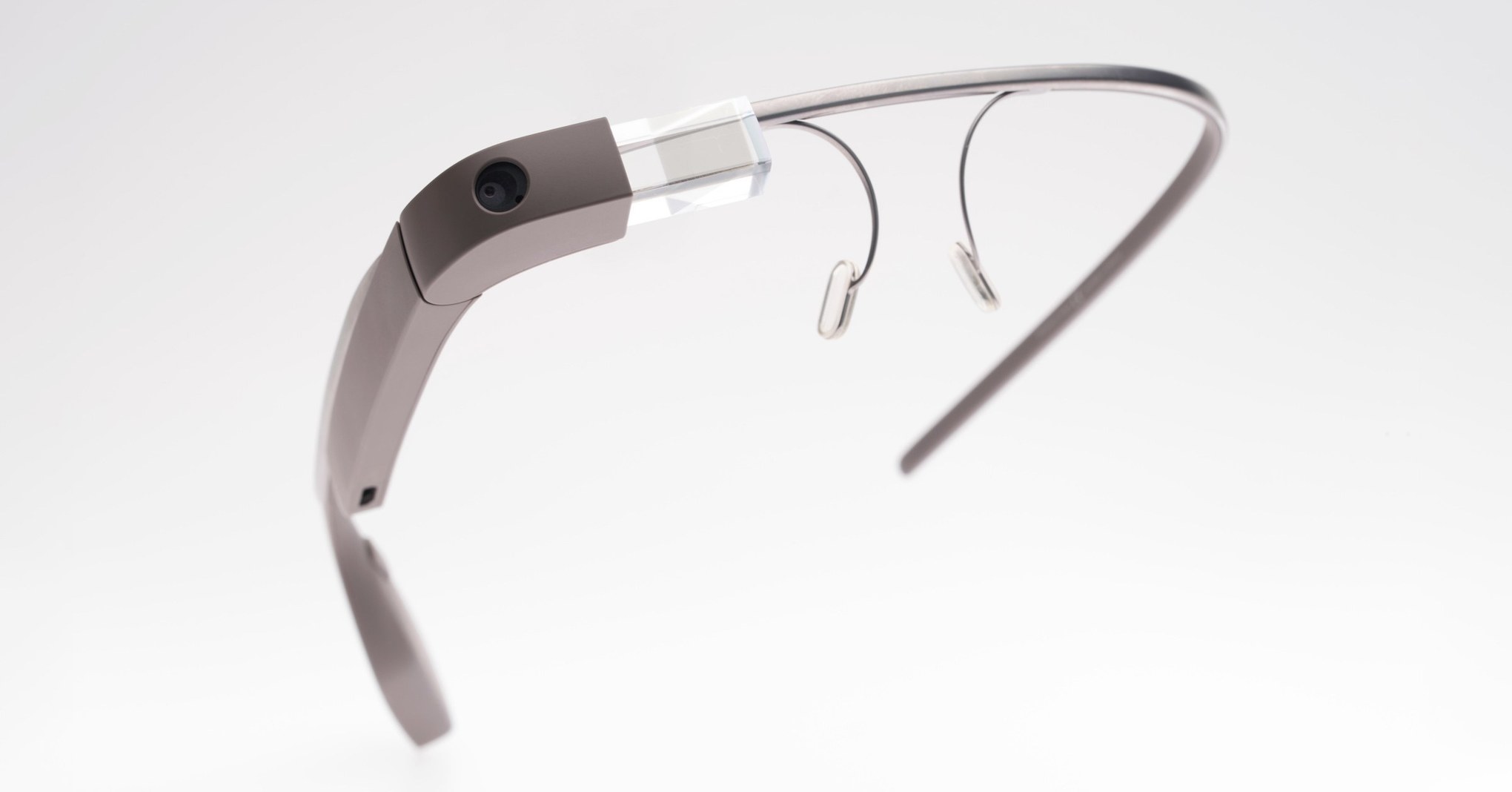Gillian Hayes, a professor who works on human-computer interaction at University of California at Irvine, said the Plataine project and plugging Google’s AI services into Glass play to the strengths of the controversial hardware. Hayes previously had tested the consumer version of the app as a way to help autistic people navigate social situations. “Spaces like manufacturing floors, where there’s no social norm saying it’s not OK to use this, are the spaces where I think it will do really well,” she added.
Improvements to voice interfaces and image recognition since Glass first appeared—and disappeared—could help give the device a second wind. “Image and voice recognition technology getting better will make wearable devices more functional,” Hayes said.
Sourced through Scoop.it from: www.wired.com



Leave A Comment